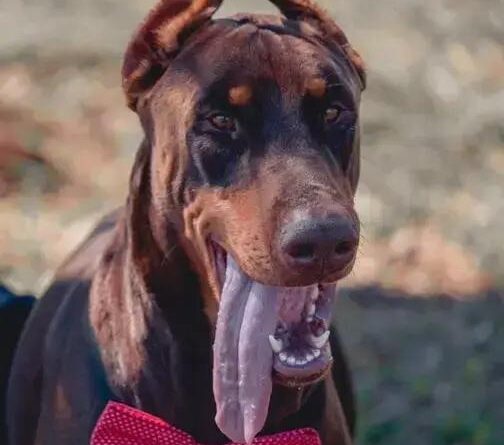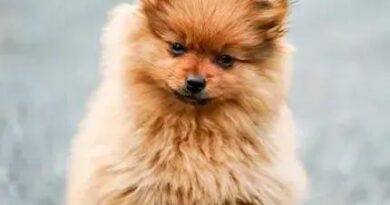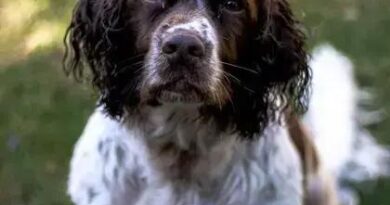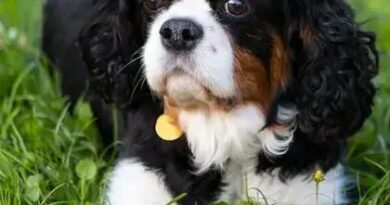Curiosities About the German Pinscher: Must-Know Facts
The German Pinscher is an intriguing breed with a rich history. In this post, we’ll uncover some fascinating curiosities about the German Pinscher, their origins, unique traits, and essential care tips. Whether you’re a German Pinscher owner or just a dog enthusiast, these facts will deepen your appreciation for this exceptional breed.
Before we dive into the specifics, let’s first explore where the German Pinscher comes from and what makes them stand out from other breeds.
The Origin and History of the German Pinscher
The German Pinscher is a breed that dates back several centuries. Originating in Germany, this breed was initially used for hunting and guarding purposes. Records suggest that German Pinschers have existed since the 15th century. They are descendants of early European dogs that were used for general farming tasks, including herding livestock and protecting homes. One interesting fact about the German Pinscher’s history is that it played a vital role in the development of other breeds, such as the Doberman Pinscher and the Miniature Pinscher. During the late 19th and early 20th centuries, German Pinschers were highly prized for their abilities and were often seen in various European countries. The breed saw a decline in numbers after World War II but was revitalized by dedicated breeders. Today, they are recognized for their intelligence, agility, and loyalty. Their historical use as versatile farm dogs has influenced their characteristics significantly.
Unique Characteristics and Temperament
The German Pinscher possesses a blend of unique characteristics that make it stand out among other breeds. Its temperament is an integral part of what makes this breed special.
Intelligence and Trainability
The German Pinscher is known for its high intelligence. This makes them relatively easy to train, especially when you use positive reinforcement techniques. Consistency and patience are key when training this breed due to their strong-willed nature.
Energy Levels
This breed is highly energetic and requires ample physical activity to stay happy and healthy. Daily walks, playtime, and mental stimulation are essential. They excel in various dog sports such as agility and obedience.
Loyalty and Protection
German Pinschers are incredibly loyal to their families. They have a natural protective instinct, making them excellent watchdogs. However, early socialization is crucial to ensure they can distinguish between real threats and normal social interactions.
Social Behavior
While they can be reserved around strangers, German Pinschers are affectionate and playful with family members. They get along well with children and other pets if they are socialized properly from a young age.
Caring for Your German Pinscher
Nutrition
The German Pinscher requires a well-balanced diet to maintain its health and energy levels. Ensure to provide high-quality protein-rich dog food. Feed them according to their age, weight, and activity level. Consult your vet for specific dietary recommendations.
Exercise
Being an active breed, the German Pinscher needs daily exercise to stay fit and happy. Consider long walks, playtime, and training sessions to keep them engaged. Mental stimulation is equally important; incorporate puzzle toys or agility training.
Grooming
The German Pinscher has a short and dense coat that requires minimal grooming. Regular brushing will keep their coat healthy and shiny. Bath them as needed and ensure to check and clean their ears, trim their nails, and maintain good oral hygiene.
Health
Routine vet check-ups are crucial for detecting and preventing health issues. Stay updated with vaccinations and preventive care like flea and tick control. Be aware of breed-specific issues such as hip dysplasia and eye conditions. Early detection and treatment can ensure a healthy life.
Training
Start training your German Pinscher from a young age to foster good behavior and discipline. Use positive reinforcement techniques such as treats and praises. Socialization is key; expose them to different environments, people, and other animals.




